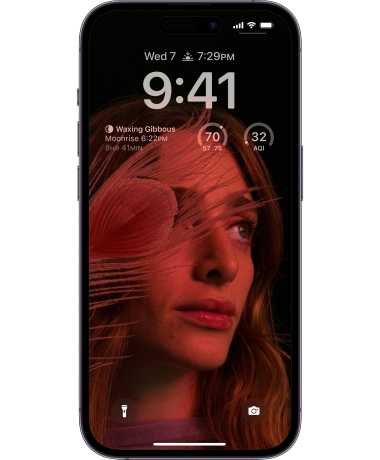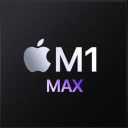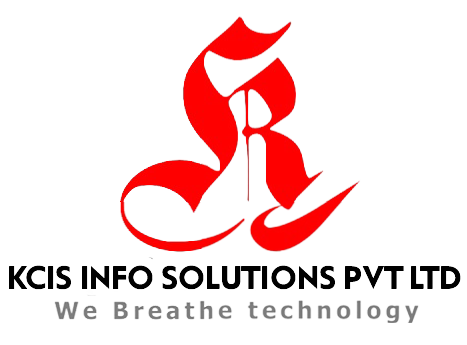ANDROID & IOS
Android
Developed by: Android is developed by Google.
Open Source: Android is an open-source operating system, which means its source code is available to the public. This has led to a wide variety of Android-based devices and custom ROMs.
Customization: Android offers a high degree of customization. Manufacturers and users can modify the Android interface and add their own features and apps.
App Ecosystem: The Google Play Store is the primary app store for Android devices, offering a vast selection of apps. However, there are other app stores available for Android as well.
Hardware Diversity: Android runs on a wide range of devices from different manufacturers, which means you have more choices in terms of hardware.
Fragmentation: Due to the diversity of Android devices, there can be fragmentation issues, meaning that not all devices are running the latest version of the operating system, which can create challenges for developers.

M1 Pro chip
The new M1 Pro processor allows professionals to create what previously seemed impossible. It has more cores and more combined memory (up to 10 cores in the CPU and up to 16 in the graphics). Neural Engine system, dedicated media processors for encoding and decoding files with support for H.264, HEVC and ProRes codecs. This chip is designed for ambitious people and large-scale tasks that other specialists simply won't take on.

Scary fast
Up to 10-core CPU Up to 16-core GPU Up to 32GB of unified memory Up to 200GB/s memory bandwidth

Scary fast
10-core CPU Up to 32-core GPU Up to 64GB of unified memory Up to 400GB/s memory bandwidth
Android
Android and iOS are two of the most popular mobile operating systems in the world.

Developed by: iOS is developed by Apple Inc.
Closed Ecosystem: iOS is a closed ecosystem, meaning it's tightly controlled by Apple. The source code is not open to the public, and Apple has strict guidelines for app development and distribution.
Customization: iOS offers limited customization compared to Android. The user interface is consistent across devices, and customization options are more restricted.
App Ecosystem: The App Store is the exclusive app marketplace for iOS devices. Apple maintains strict control over the App Store, which can lead to a more curated and secure experience.
Hardware: iOS runs exclusively on Apple devices, such as the iPhone, iPad, and iPod Touch. This provides a unified hardware platform for developers.
Fragmentation: iOS devices tend to have a higher adoption rate for the latest operating system version, which reduces fragmentation issues for developers.
Ultimately, the choice between Android and iOS depends on your personal preferences, needs, and the ecosystem you are already invested in. Both operating systems have their strengths and weaknesses, and each has a dedicated user base. It's important to consider factors like device preference, app availability, customization options, and ecosystem compatibility when choosing between them.

